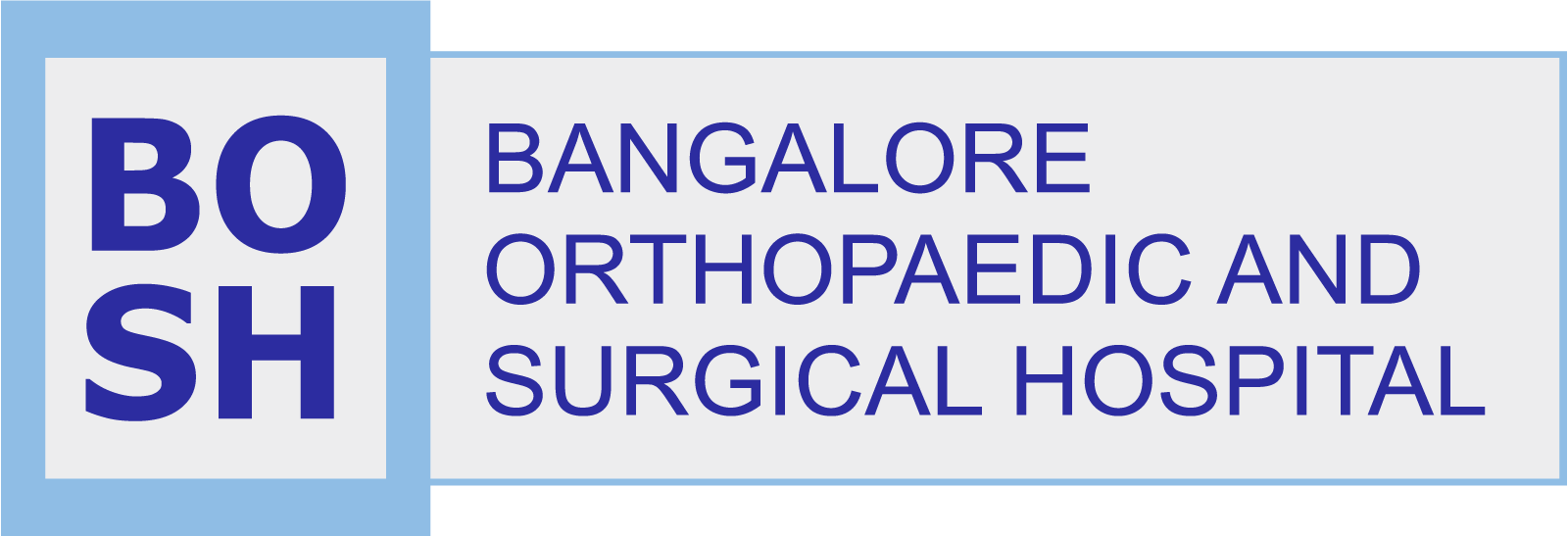The postpartum period is a transformative phase for new mothers, but it also comes with physical challenges, especially concerning bone and joint health. Hormonal changes, breastfeeding, and the strain of pregnancy can impact bone density and joint stability. Proper care is essential to ensure a smooth recovery and long-term musculoskeletal well-being.
Why is Postpartum Bone & Joint Care Important?
During pregnancy and after childbirth, a mother’s body undergoes significant changes:
- Hormonal shifts (especially relaxin) can cause joint instability.
- Calcium depletion during breastfeeding may affect bone strength.
- Muscle weakness and posture changes can lead to back, hip, and knee pain.
Understanding these changes can help new mothers take proactive steps to strengthen their bones and joints.
Common Postpartum Bone & Joint Issues
Lower Back Pain
- Caused by weakened core muscles and the physical demands of carrying a baby.
- Poor posture while breastfeeding or lifting can worsen discomfort.
Wrist & Hand Pain (Mommy’s Wrist)
- Overuse of wrist joints while holding or feeding the baby.
- Can lead to De Quervain’s tenosynovitis, causing pain near the thumb.
Hip & Pelvic Pain
- Ligaments remain loose postpartum, leading to instability.
- Weak pelvic muscles may contribute to discomfort when walking or sitting.
Knee Pain
- Increased strain on the knees due to extra body weight during pregnancy.
- It can lead to patellofemoral pain syndrome (pain around the kneecap).
Essential Postpartum Bone & Joint Care Tips
Strengthening & Rehabilitation Exercises
- Pelvic floor exercises (Kegels) to restore core stability.
- Gentle yoga and stretching to improve flexibility.
- Resistance training to strengthen muscles supporting joints.
Nutritional Support for Bone Health
- Calcium-rich diet (dairy, leafy greens, almonds) to support bone density.
- Vitamin D supplementation for better calcium absorption.
- Hydration to maintain joint lubrication.
Posture & Ergonomics
- Use a supportive chair while nursing to avoid back strain.
- Keep the baby close to your body when lifting to reduce joint pressure.
- Wear proper footwear to support joint stability.
Physiotherapy for Recovery
- A customized physiotherapy plan can help address postpartum pain.
- Manual therapy can improve joint alignment and function.
- Guided exercise programs to ensure safe recovery.
When to Seek Medical Help
If joint pain, back discomfort, or bone weakness persists beyond a few months postpartum, consult an orthopaedic specialist or physiotherapist for assessment and treatment.
Conclusion
Postpartum recovery is a journey, and bone and joint health should be a priority. By following a structured care routine with proper exercise, nutrition, and posture correction, new mothers can regain strength and mobility. At Bangalore Orthopaedic and Surgical Hospital (BOSH), we offer expert guidance for postpartum musculoskeletal care.
For personalized postpartum recovery plans, contact BOSH today!
#PostpartumCare #BoneHealth #JointRecovery #NewMoms #BOSH


